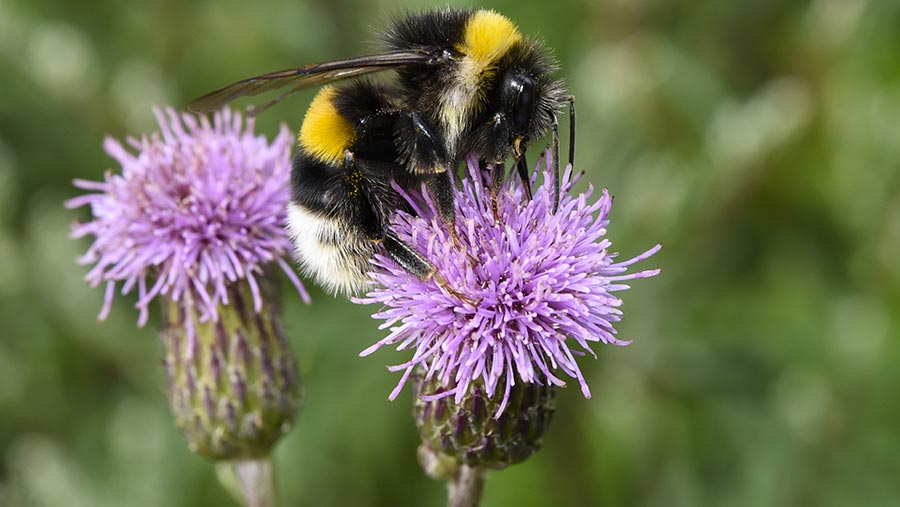EU scientists review neonic pesticides linked to poor bee health
 Karsten Hennig/imageBROKER/Rex/Shutterstock
Karsten Hennig/imageBROKER/Rex/Shutterstock
EU scientists have launched a review of three banned pesticides linked to a decline in bee health.
The European Food Safety Authority (Efsa), the EU food safety watchdog, confirmed on Monday (11 January) that an assessment of the risks posed by three neonicotinoid pesticides was under way.
The European Commission requested the evaluations of Bayer CropScience’s clothianidin and imidacloprid and Syngenta’s thiamethoxam.
See also: Neonicotinoids ban cost farmers millions in 2015, study reveals
The commission imposed an EU-wide ban on the use of these products in December 2013 after an assessment by Efsa concluded they were dangerous to the health of honey bees.
The ban was imposed for use on flowering crops “considered attractive to bees”, such as oilseed rape, maize and sunflowers.
In a statement, Efsa said: “The updated assessments, which will look at the use of the substances as seed treatments and granules, will be completed by January 2017.
“They will take into account any new data from studies, research and monitoring that has come to light since the previous assessments were carried out, in particular information submitted to Efsa following a call for data in 2015.”
Following the review, the commission could decide to soften, tighten or change the conditions surrounding the use of these pesticides on crops considered attractive to bees.
The ban has divided opinion among farmers and conservationists.
The NFU maintains the ban is fundamentally flawed and not based on scientific evidence from the field.
Last year, the NFU successfully obtained an emergency application for farmers to use neonicotinoid seed treatments on oilseed rape in the summer – but only for about 30,000ha, or 5% of the total crop area in England.
Defra, which strongly lobbied against the moratorium on neonics, agreed to suspend the ban on neonics in four counties in “hotspot” areas where farmers had seen their emerging oilseed rape crops hammered by cabbage stem flea beetle.
However, environmental groups including Greenpeace and Friends of the Earth insist there is overwhelming evidence linking neonics to a decline in bee health and therefore the ban must remain in place.
An earlier report by Efsa, released in August, concluded he three banned neonicotinoids posed a “high risk” to bees when used as foliar sprays.

